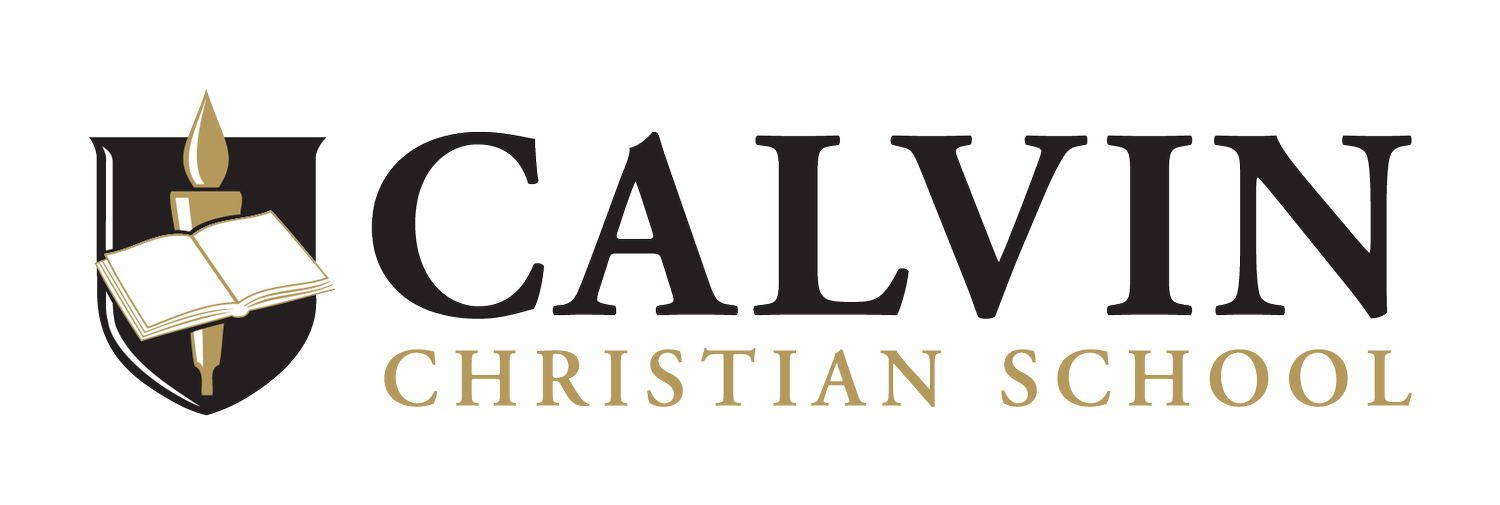I love overseas travel. Some of my happiest memories are of exploring laneways in exotic cities, eating local cuisine, visiting cultural sites and enjoying the great outdoors.
But almost as fulfilling as travel itself are the hours I spend planning the trips. I love mapping out the itinerary, searching for the best flights, scrolling through hotel options and planning site visits. From the comfort of my living room, I experience travel via my laptop, well before I even get to the airport!
Unfortunately, COVID has made me more risk averse and less flexible in adapting to possible travel disruption. While I still love planning the trip, I face the journey itself with more anxiety now. For the first time in my travel life, I find myself concerned about cancelled flights, COVID disruptions and forfeited tickets. I worry about whether the travel experience will be everything that I dream or imagine.
“They are making decisions relating to their ‘journey’ into a higher grade, work, university or other pathways for 2023 and beyond. ”
Over the past few weeks, our Year 7 to 11 students have also been doing some forward planning as they finalise their subject selections for 2023. They are making decisions relating to their ‘journey’ into a higher grade, work, university or other pathways for 2023 and beyond. Some students are sure of their goals, interests and strengths and have their eyes firmly focused on their destination. Others are still exploring possibilities, keeping all options open. Quite a few would say that their career pathway didn’t become evident until well after their Year 12 graduation. An increasing number of students have expressed that – just like my current concerns with travel planning - an insecure future makes them more hesitant and anxious in their planning for the future.
But, in the depths of the current winter, our students find themselves needing to make decisions about the subjects they are to undertake next year!
When making plans about future pathways of career or study, we encourage Calvin students to think about their gifts and interests, to seek guidance and to be willing to consider new options. Seeking the input of trusted others – parents, teachers, industry professionals and Carly Brouwer, our Pathway Coordinator at Calvin – provides invaluable wisdom and guidance. Undertaking tasks that are aligned with our own strengths, interests and gifts can lead to greater fulfillment and success.
“ And as you plan for future study or work, I encourage you to acknowledge the uncertainties and fears but don’t let them hold you back. Rather, consider your gifts and interests, seek guidance, take calculated risks and venture into new territory.”
But personal growth can also come from learning that is outside of your comfort zone. This may be when we choose a subject that stretches or challenges us. And sometimes we find ourselves in a place in life that is different to what we expected. It could be in a job, a course of study or a class that isn’t quite what we imagined. We might feel ‘quarantined’ in an uncomfortable place. While difficult, perseverance in this situation can lead to personal growth and learning. James 1:2-4 encourages us to face various kinds of tests with a joyful attitude, knowing that testing leads to endurance and the strength to deal with difficulties with increased stamina. While primarily referring to tests of our faith, endurance and stamina can be developed through facing trials and challenges in our academic and private lives too.
And so, I continue to plan overseas travel, despite my fears and the knowledge that I may face cancelled flights or COVID disruptions. And as you plan for future study or work, I encourage you to acknowledge the uncertainties and fears but don’t let them hold you back. Rather, consider your gifts and interests, seek guidance, take calculated risks and venture into new territory. You never know what you might discover about yourself and God’s great world!
Bonny Moroni — Head of Secondary




